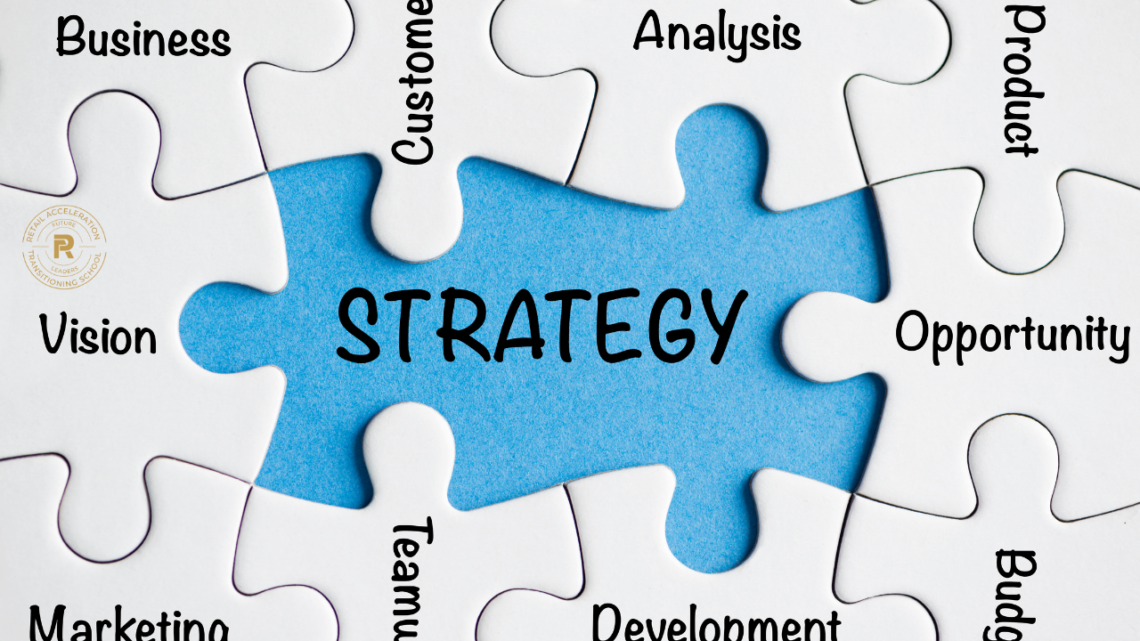In today’s rapidly evolving business landscape, executives face an increasingly complex array of leadership challenges. With technological advancements, geopolitical shifts, and generational diversity shaping the workplace, successful leaders must adapt their strategies to stay ahead.
The world of business is changing at an unprecedented pace. Organisations and executives must adapt their leadership strategies to thrive and lead in this new environment. By embracing a growth mindset, leveraging technology, navigating geopolitical challenges, fostering inclusive leadership, prioritising environmental and social responsibility, managing remote and hybrid workforces, encouraging continuous learning and development, adapting to changing consumer demands, investing in education and executive development programmes, and building a resilient and adaptable organisation, business leaders can navigate the complexities of the modern world with confidence and success.
To thrive in 2025, business leaders should prioritise strategic imperatives like embracing digital transformation, fostering a data-driven culture, prioritising sustainability initiatives, investing in talent development, building resilient supply chains, adapting to evolving customer needs, leveraging emerging technologies like AI and blockchain, promoting diversity and inclusion, and actively managing geopolitical risks; all while maintaining a focus on ethical practices and strong corporate governance.
PwC in its report tittled: ‘Nigeria’s 2025 Budget and Economic Outlook’ said business leaders need to rethink the activities across their value chain to determine the value of activities and rationalise investments accordingly.
The director/CEO of the Centre for the Promotion of Private Enterprise (CPPE), Dr. Muda Yusuf stated that business managers and owners need to prioritise the following to ensure resilience in 2025.
“Leveraging technology to reduce cost and ensure competitiveness; industries need to deepen backward integration to reduce the forex exposure; reduction in debt financing to reduce the burden of high interest rate; adoption of efficient energy solutions to reduce the pressure of high energy cost; supply chains should be domesticated as much as possible; focus on talent retention, especially in specialised job functions; incorporate scenario planning framework in business strategy to manage uncertainties and volatilities; and businesses must ensure cost optimisation,” he stated.
Strategic Imperatives For 2025 By PwC
Reinvent your business model: Adapt your business model to new economic realities, focusing on agility, customer-centricity, and value creation in evolving markets.
Reignite your market play: Revitalise your go-to-market strategies by leveraging customer insights, enhancing competitive differentiation, and exploring untapped opportunities for growth.
Rethink costs through core capabilities: Optimise costs strategically by aligning spending with core capabilities, investing in areas that drive competitive advantage, and eliminating non-value-adding expenses.
Reimagine your tech, digital and AI play: Harness emerging technologies, advanced digital platforms, and AI-driven solutions to innovate processes, enhance customer experiences, and drive efficiency.
Redefine your funding and capital strategy: Reevaluate your funding approach to ensure resilience, explore innovative financing options, and optimise capital allocation for sustainable growth.
It’s important for executives to build a resilient and adaptable organisation, capable of weathering the storms of change. By fostering a culture of agility, collaboration, and innovation, executives can ensure their organisations remain competitive and prepared for the challenges and opportunities that lie ahead.
Re-evaluate your talent strategy: Align your workforce with future needs by building critical skills, fostering a culture of innovation, and retaining top talent through targeted development and engagement strategies.
Reassess your stakeholder relationships: Strengthen engagement with regulators, customers, social media audiences, and strategic partners by fostering trust, transparency, and collaborative value creation.





